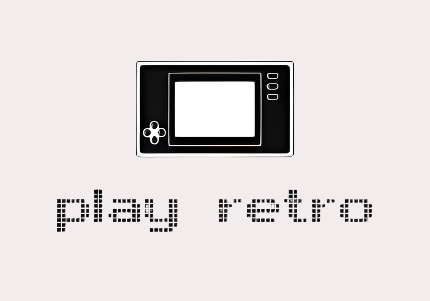
The Story Behind Iconic Retro Games Like Pac-Man and Super Mario
Share
The history of iconic retro games like Pac-Man and Super Mario is a testament to the power of simple concepts and innovative design.
Pac-Man: The Birth of the Maze Craze
Launched in 1980 by Namco, Pac-Man became an instant cultural phenomenon. Its creator, Toru Iwatani, was inspired by food—particularly pizza missing a slice. Unlike other games of the era, Pac-Man targeted a broader audience with non-violent, maze-based gameplay. The character’s iconic “waka-waka” sounds and the four colorful ghosts (Blinky, Pinky, Inky, and Clyde) have become symbols of 1980s pop culture.
The gameplay is simple but strategic: navigate Pac-Man through a maze, eating dots and avoiding ghosts. The design revolutionized the gaming industry by appealing to women as much as men, something rarely seen in arcade games at the time. Its innovative mechanics and universal appeal catapulted it into legendary status, spawning sequels, merchandise, and even a cartoon series.

Super Mario: The Jump to Platform Greatness
Super Mario, created by Shigeru Miyamoto for Nintendo, debuted in 1985 with Super Mario Bros. on the Nintendo Entertainment System (NES). Mario had made earlier appearances in Donkey Kong and Mario Bros., but it was Super Mario Bros. that cemented him as a global gaming icon. Set in the whimsical Mushroom Kingdom, players guide Mario to rescue Princess Peach from the villainous Bowser. With its groundbreaking side-scrolling platform design, engaging level structure, and charming characters, Super Mario Bros. set the standard for future platformers.
Mario’s unique mechanics, like the power-ups (mushrooms, fire flowers, and stars), jumping abilities, and hidden secrets, redefined what video games could be. The game’s success not only revived the ailing video game industry but also established Nintendo as a dominant force.

The Legacy of Pac-Man and Super Mario
Both Pac-Man and Super Mario represent pivotal moments in gaming history. Pac-Man's innovative gameplay captured a wide demographic and opened the door for more accessible games, while Super Mario redefined platformers and introduced deep storytelling, smooth gameplay, and a character that remains beloved to this day.
Their influence continues, with newer iterations and remakes keeping their legacies alive for modern audiences. These two titles shaped the foundation of the gaming industry, and their enduring popularity shows the power of iconic, well-designed games.
